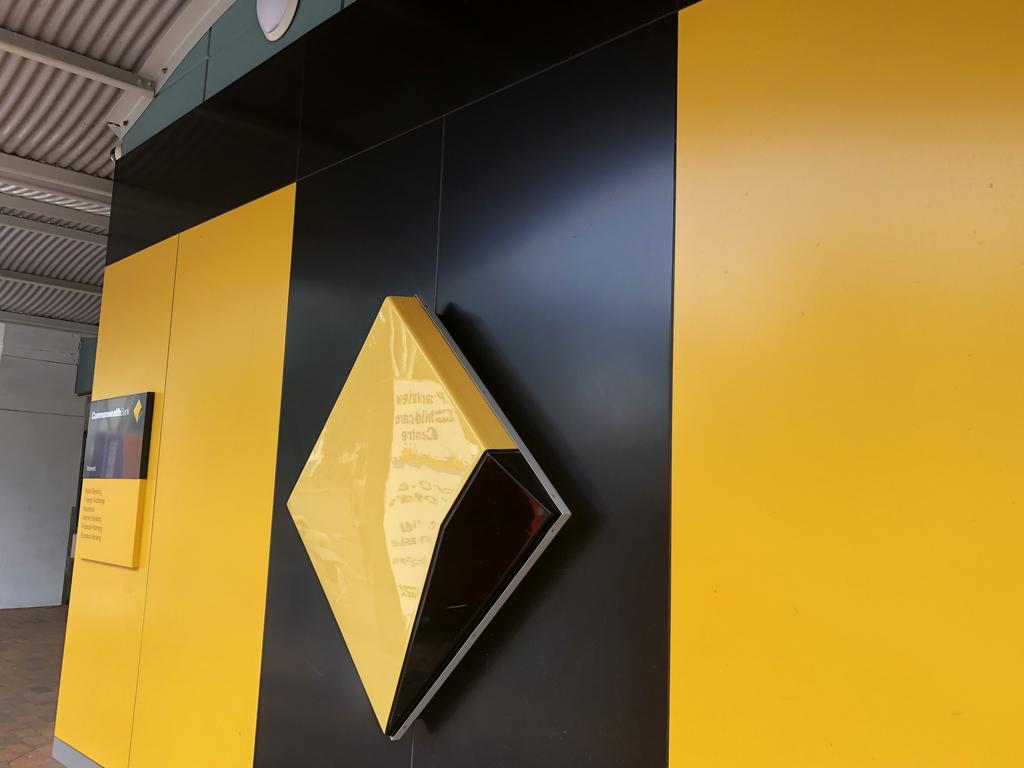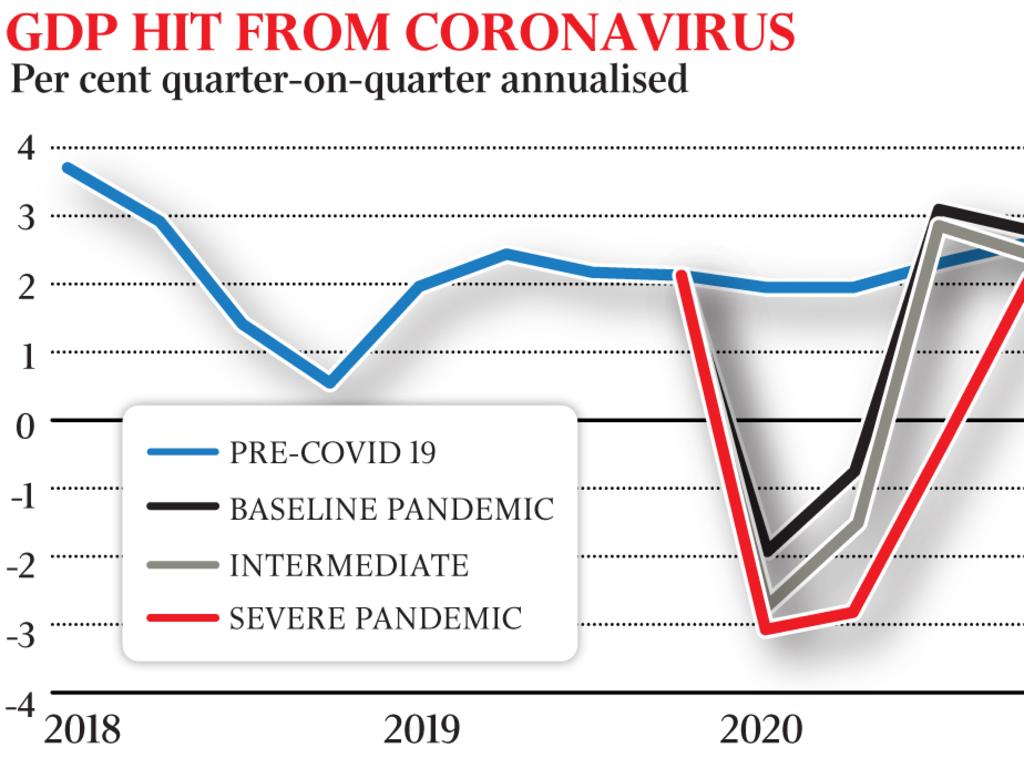
“While his horse continued galloping, he was bending his bow in order to spread pestilence abroad,” Ibanez wrote. “At his back swung the brass quiver filled with poisoned arrows, containing the germs of all diseases.”

Of all the threats to humanity we’ve been told we have to worry about, the spread of infection is the one that probably generated least anxiety. And yet today our nation is on a war footing. Greater restrictions have been placed on our daily lives than those imposed after 9/11, the last material threat to our national wellbeing.
The conversations we were having 10 weeks ago during the height of the bushfire season seem more than a little weird.
While half the country was agonising over the meaning of the bushfires and the other was out fighting them, the coronavirus had already made the leap from bats to humans and the city of Wuhan was becoming an apocalyptic hell.
The virus, like the more familiar natural afflictions of bushfires, floods and droughts, demands a pragmatic, apolitical response from government.
The first priority is to limit the damage. The second is providing relief for businesses and individuals. The third is to strengthen the resilience of the community and the economy to protect against future shocks.
Strengthening frontline resistance can be done. Well-ordered civil societies that have faced similar viral outbreaks in recent times, such as Taiwan and Hong Kong, are the star performers in the coronavirus outbreak, despite their physical proximity to China.
The measures they have taken, including border and internal movement control, the cancellation of large gatherings, enhanced personal hygiene and social distancing, are the measures Australia is now rapidly adopting.
Judging by the spread of the disease in countries such as Italy, Spain and France, the pattern of increase in the number of cases in the next two weeks will be crucial.
The number of confirmed cases in Australia has been doubling roughly every five days this month. If the doubling becomes more rapid, or concentrates in particular localities, additional measures may be needed.
In the meantime, the 90-plus per cent of Australians born after World War II will experience the greatest collective disruption to their daily routines of their lifetime.
Never before in the 63-year history of Woolworths supermarkets have the shelves been emptied of toilet paper, rice and pasta. If you thought the MCG seemed empty last year when only 15,000 fans turned up to watch the Hawks beat the Giants, prepare yourself for this weekend.
The compulsory detention of people arriving illegally in this country has effectively been extended to all those arriving on our shores. And the extraordinary step of closing all schools or placing a police-enforced cordon around suburbs is far from a remote possibility.
The good news is that, unlike most wars we have fought, this one might actually be over by Christmas. Whether a pandemic has a sharp spike, high death rate and a short tail, or a more gradual rise, lower death rate and longer tail, its passage is relatively swift.
Inquiries will be conducted and lessons learned so that next time we will be better prepared and the prospect of a universal vaccine, the holy grail of immunology, will be somewhat closer.

The economic consequences are less predictable and longer-lasting. Our immunity to external shock was weakened considerably by the Rudd government’s extravagant spending spree during the 2008 global financial crisis.
Rebuilding that immunity has taken longer and been more difficult than many might have imagined. It has not been helped by the tens, if not hundreds, of billions of dollars of additional government spending locked in place by Kevin Rudd and Julia Gillard in measures laughably badged “reform”.
It has been hindered by the antics in the Senate, which seems locked in the permanent grip of a pro-spending majority. Never underestimate the ingenuity of Senate crossbenchers to find new ways in which to spend our money or make tired excuses for not cutting waste.
The worst fears of those who grumble about the lack of economic reform in this country may yet be realised. Perhaps we really do need a break from 28 years of unbroken growth to shake off the stupor. Cracks in parts of Australia’s business model have already been exposed. Wise heads have been saying for some time that the input of overseas students to our universities could not be sustained. That message has been brought home by the travel bans that have disproportionately hit our more prestigious universities’ most lucrative market.
Subsidised university places on demand, the other significant flaw in higher education policy, must also be examined once the immediate crisis is over. Julia Gillard’s dream of encouraging students from lower socio-economic backgrounds to study has not been realised, nor have most of the other supposed benefits of making higher education more available. Universities have become better at marketing, but it is questionable whether they have improved their teaching.
The coming months will test the resilience of younger generations, those aged under 50 who have not experienced an economic downturn in the workplace, and the university-educated citizens of the world who think less about flying to New York and London than their grandparents did about flying interstate.
It does not help that they have been carefully protected from risk by their elders, albeit with the best of intentions.
Their ability to adapt to changed conditions, and the realisation that our greatest collective challenges are not the ones they previously imagined, will be the key to our nation’s future.
Nick Cater is executive director of the Menzies Research Centre.








They have been telling us to expect the Four Horsemen of the Apocalypse for some time. Few, however, would have put their money on Pestilence, the rider who came in first, “clad in a showy and barbarous attire”, as Vicente Blasco Ibanez described the scene in his 1916 novel.